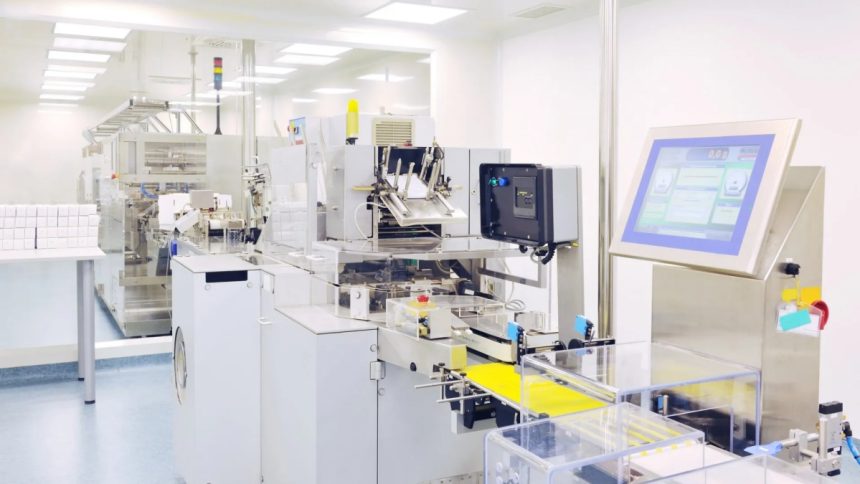For the elderly and their caregivers, high-quality healthcare equipment is essential to maintaining safety, comfort, and independence. As the range of available aids and tools continues to grow, ensuring these products meet stringent quality and compliance standards becomes increasingly important. This article highlights key aspects of selecting reliable equipment and why adherence to regulatory standards is crucial.
The Importance of Compliance in Healthcare Equipment
Compliance with regulatory standards is critical when it comes to healthcare equipment. Each product, from basic walking aids to sophisticated assistive devices, must meet specific criteria related to safety, usability, and durability. These standards are designed to protect the elderly from potential harm and ensure that the equipment performs reliably in real-life situations.
The Role of the National Disability Insurance Scheme (NDIS)
In addition to TGA approval, the National Disability Insurance Scheme (NDIS) plays a vital role in the regulation of healthcare equipment for people with disabilities. Being an approved NDIS supplier means that a health equipment supplier is recognised by the National Disability Insurance Scheme (NDIS) in Australia as meeting the required standards to provide products and services to NDIS participants. These suppliers must adhere to specific guidelines and quality assurance measures set by the NDIS, ensuring that the equipment they offer is suitable, safe, and effective for people with disabilities.
This status enables participants to purchase equipment, such as mobility aids, daily living aids, and assistive technology, using their NDIS funding. It also signifies that the supplier has undergone a formal approval process and is registered to deliver support within the NDIS framework.
The Role of the Therapeutic Goods Administration (TGA)
The Therapeutic Goods Administration (TGA) is Australia’s regulatory authority responsible for overseeing medical supplies and devices. The TGA ensures that all such products undergo thorough testing to meet stringent safety and efficacy standards before they are approved for use. This regulatory process provides an added layer of assurance that the products are compliant with health regulations.
For caregivers selecting medical supplies and devices, choosing those from TGA-registered suppliers is crucial. This certification confirms that the products have been validated for safety, reliability, and effectiveness, ensuring that they will perform as intended. This is particularly important for the elderly, who rely on these devices for essential daily functions and overall well-being. By opting for TGA-approved supplies, caregivers can minimise the risk of malfunction and enhance the safety and effectiveness of the aids used in daily care.
The Importance of Quality Assurance
Quality assurance is essential for ensuring that healthcare equipment is reliable, durable, and user-friendly. For elderly individuals, quality can significantly affect their safety and overall experience with the equipment. Whether it is a simple aid like a walking stick or a more complex device such as a mobility scooter, the product’s longevity and ease of use are crucial.
Suppliers that focus on quality assurance typically work closely with healthcare professionals to develop products that address the unique needs of elderly users. They invest in ongoing research and testing to ensure that their products remain effective and up-to-date with technological advancements. Quality assurance processes also involve regular evaluations and refinements, ensuring that the equipment continues to meet user needs over time.
Why You Should Choose an Approved Supplier
Selecting an approved supplier is a key step in ensuring both quality and compliance. For NDIS participants and their caregivers, it is particularly important to choose a supplier who meets all regulatory requirements and has a reputation for delivering reliable products. An approved NDIS supplier like Safety&Mobility adheres to strict standards and protocols, offering equipment that meets the specific needs of users with disabilities or mobility challenges.
In addition to providing high-quality products, approved suppliers offer valuable support services. This can include guidance on choosing the right equipment, assistance with installation, and ongoing maintenance. For caregivers, this support can reduce the stress associated with managing and maintaining healthcare equipment, ensuring that it remains effective and safe.
Final Thoughts
Ensuring the quality and compliance of healthcare equipment is crucial for the safety and well-being of the elderly. By opting for products from approved suppliers who meet stringent standards, caregivers can be assured of the reliability and effectiveness of the equipment. Investing in high-quality, compliant equipment enhances comfort and independence, providing peace of mind for both the elderly and those who care for them.
Lynn Martelli is an editor at Readability. She received her MFA in Creative Writing from Antioch University and has worked as an editor for over 10 years. Lynn has edited a wide variety of books, including fiction, non-fiction, memoirs, and more. In her free time, Lynn enjoys reading, writing, and spending time with her family and friends.















